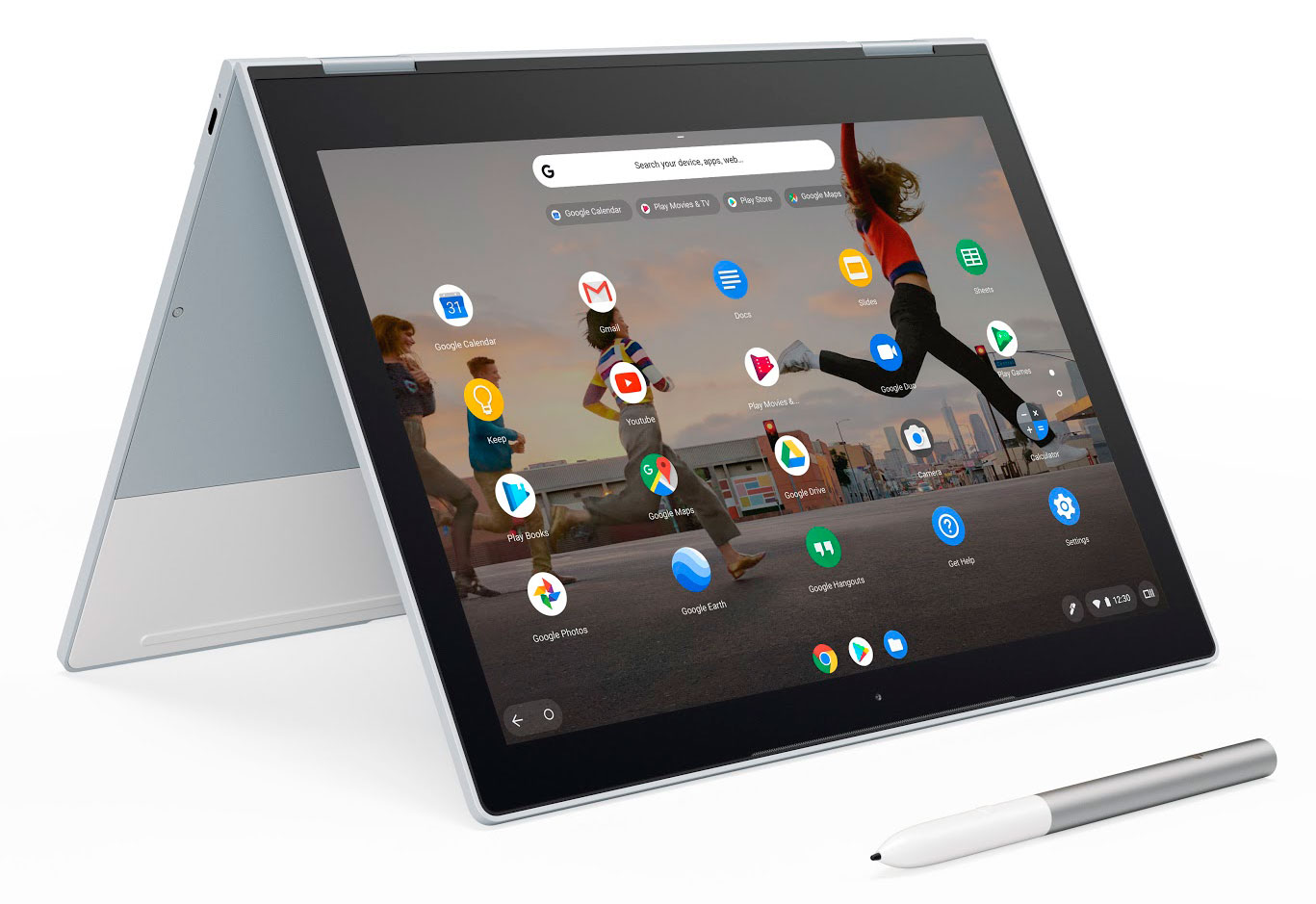Google Skips Intel's Ice Lake Processors
Google and Intel have always been good business partners, which is evident considering that the majority of the Chromebooks on the market employ Intel processors. However, Intel's Ice Lake has apparently fallen out of favor with Google as Chrome OS will not be supporting the chipmaker's upcoming 10th-generation processors.
The relationship between Google and Ice Lake could have gone downhill when Intel failed to deliver on its Cannon Lake processors, which were rumored to power Google's now-defunct Pixelbook codenamed Meowth. Google's disappointment was evident as the tech giant later dropped support for Cannon Lake processors in Chrome OS.
As discovered by media 9to5Google, Google had disabled a few obsolete boards from Chrome OS last month. The list of affected includes "iclrvp" (Ice Lake Reference Validation Platform) and "dragonegg" that are reportedly based around Intel's 10nm Ice Lake parts. The message specifically states that Google will not be pursuing ICL (short for Ice Lake).
Google's decision to not run with Ice Lake chips doesn't mean that it's getting a divorce from Intel. There is concrete evidence that Google is already working with Intel to bring Tiger Lake (TGL) support to Chrome OS. Tiger Lake processors, which are slated to come out next year, seemingly come out of Intel's 10nm oven. The new chips are expected to combine Intel's Willow Cove architecture with its Xe Graphics.
However, let's not forget that Google recently added support for AMD's Ryzen 3000-series APUs (Accelerated Processing Units) to Coreboot, so we should see Chromebooks with AMD Ryzen processors very soon.
Get Tom's Hardware's best news and in-depth reviews, straight to your inbox.

Zhiye Liu is a news editor, memory reviewer, and SSD tester at Tom’s Hardware. Although he loves everything that’s hardware, he has a soft spot for CPUs, GPUs, and RAM.
-
koblongata Google must have been working on AMD parts for quite a bit now, be it the 7nm CPU or 12nm+ APU or 7nm APU in end of year, they are more or less the same RDNA architecture, just more or less efficient.Reply
Intel, on the other hand, announced 10nm parts "for real" at Computex 2019 just now.... no doubt they got skipped.

